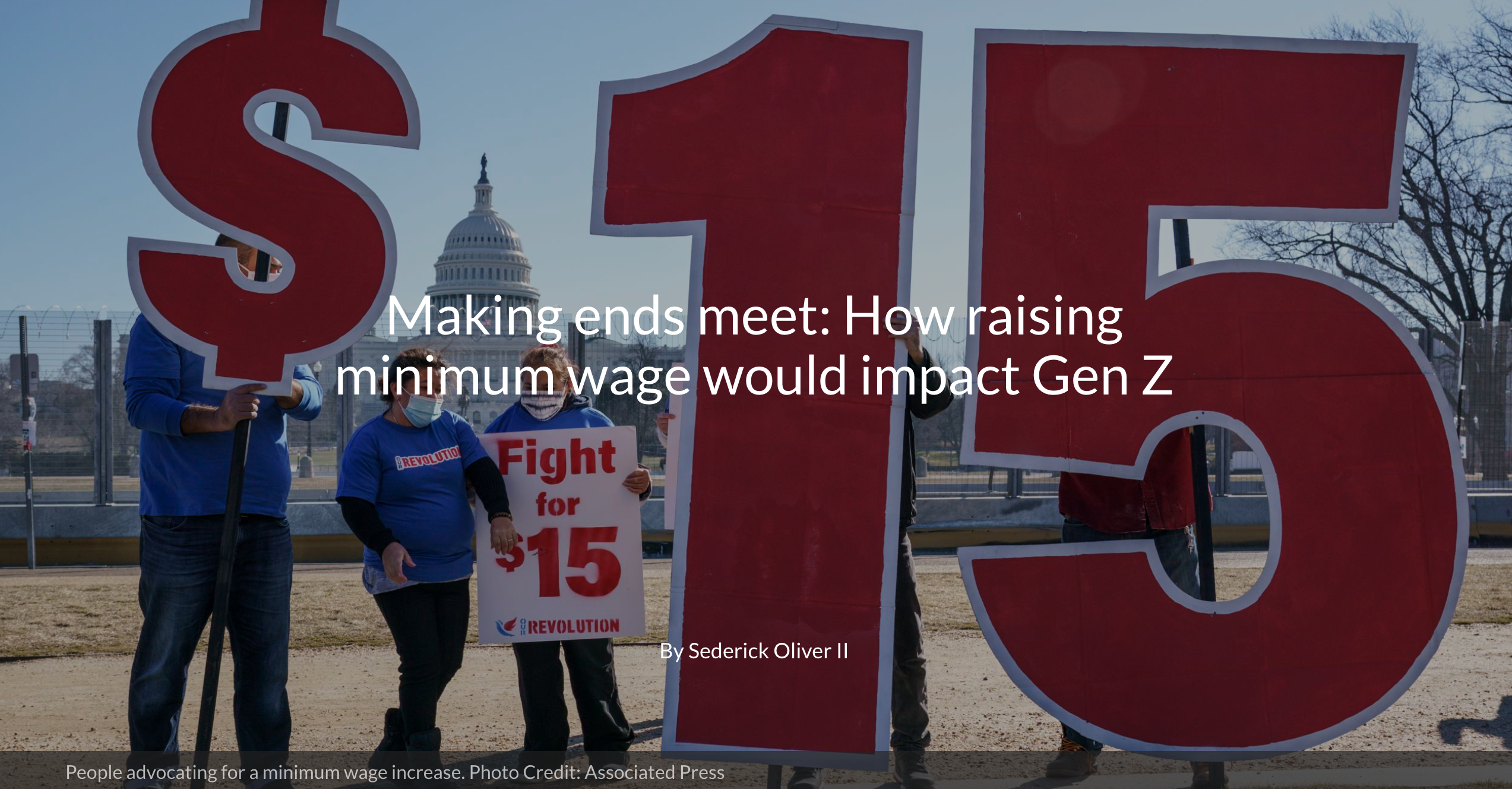Understanding Generation Z in the workplace
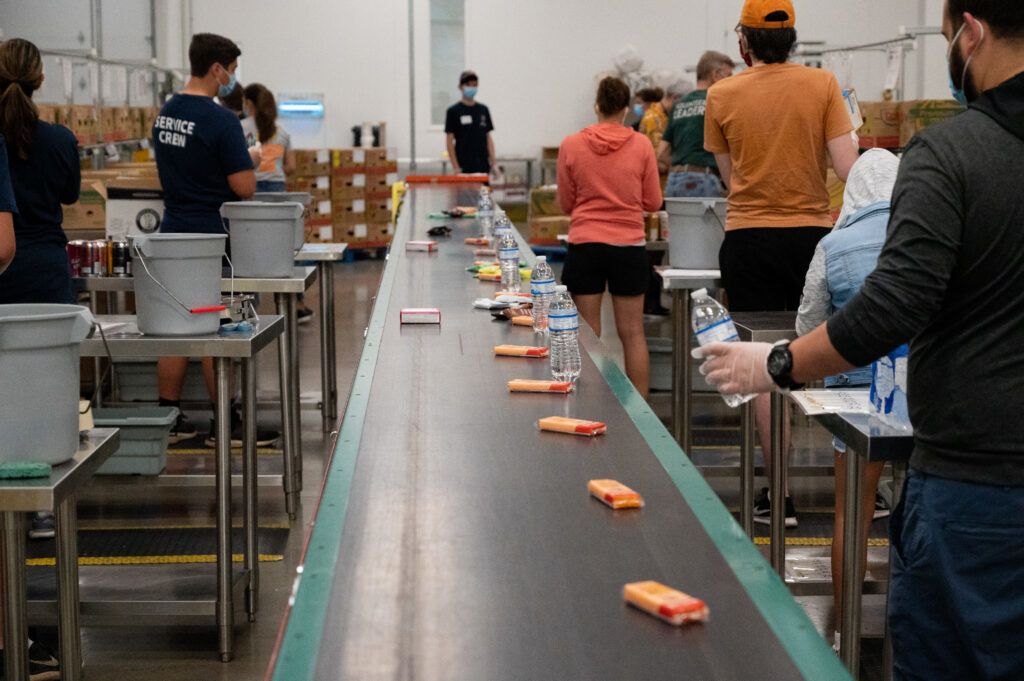
School shootings, an economic collapse and the pandemic have shaped Gen Z in ways that will likely play out in the workplace. These events form distinctions between generations and what they value when it comes to the workplace.
Comparing Gen Z to other generations in the workplace
There are many differences when it comes to comparing Gen Z to other generations such as Millennials (Generation Y) and Generation X (Gen X).
Dr. Candace Steele Flippin, author of "Generation Z in the Workplace", studies generational values opposed to stereotypes.
The generational values of Gen Z when it comes to work are personal and professional. The personal values, according to Steele Flippin's book, are happiness, relationships, health, financial security, career and faith. The professional values are doing well in roles, making more money, work-life balance, changing career and retirement.
“I use generation theory which basically says when and where you were born influences what’s important to you and what you value and as a workplace scholar, I believe that those values anchor us in our lives and we take those to the workplace,” said Steele Flippin.
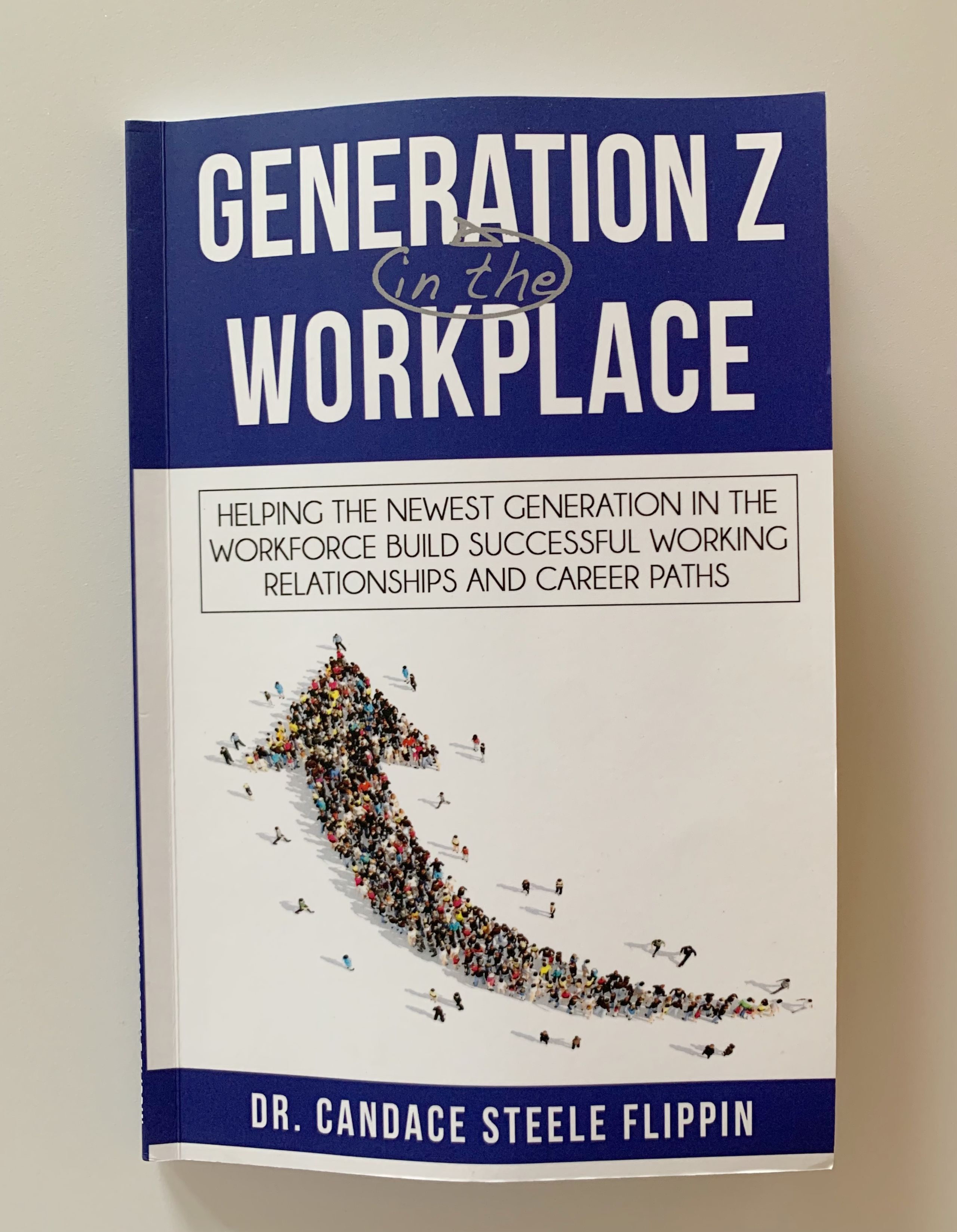
Generation Z in the Workplace book by Dr. Candace Steele Flippin. Photo by Lonyae Coulter
Generation Z in the Workplace book by Dr. Candace Steele Flippin. Photo by Lonyae Coulter
Marcie Merriman, a cultural insights and customer strategy leader for EY Americas, also studies Gen Z. She avoids generalizing Gen Z to just one group.
“I hate to generalize them down to this one group of people that are all like this," said Merriman.
Instead, she uses time as a frame of reference to look at the societies that certain groups of people grow up in, what those groups go through during their formative years and how those experiences create a common platform of how they think about life and how they think the world should work, Merriman said.
For example, during their formative years, baby boomers questioned their establishment and fighting in Vietnam. These questions of reality and identity formed their attitudes, opinions and outlook on things in society at that time.
“With Millennials we had a combination of things from the really strong economy followed by the Great Recession of 2008 where a lot of them had already racked up massive student debts and then went into a world that didn’t reflect what they were told it was supposed to be, that sort of thing impacts them," said Merriman.
Gen Z grew up amid the Columbine school shooting, the September 11, 2001 (9/11) World Trade Center Attacks and the Great Recession.
They watched Millennials (their parents or older siblings for some), respond to those economic crises while constantly being exposed to crises through social media and technology.
“All of these things created a very different world that they’ve grown up in but also the technology they’ve had access to which has changed Gen Z’s frame of reference of the world because Millennials (Generation Y), Generation X, baby boomers, they’ve all had so much more reliant, were more reliant on their parents and schools and everything else to tells them things,” said Merriman.
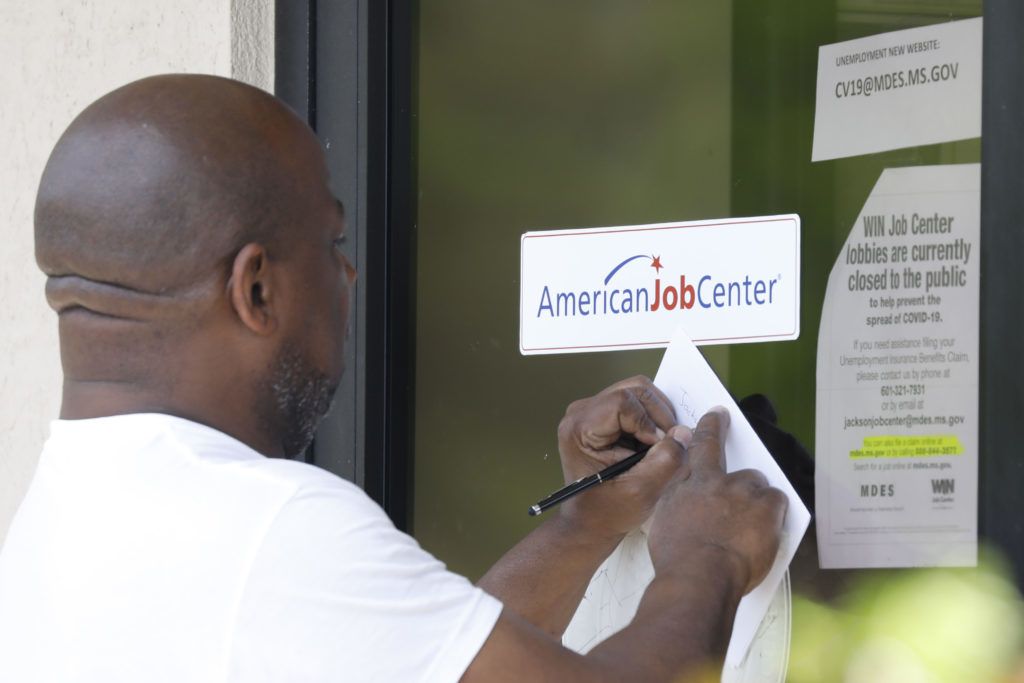
A man copying down information on how to contact a job center that closed amid the coronavirus pandemic. (AP Photo/Rogelio V. Solis)
A man copying down information on how to contact a job center that closed amid the coronavirus pandemic. (AP Photo/Rogelio V. Solis)

TCU students cheering during graduation in 2017. Photo courtesy of TCU360.
TCU students cheering during graduation in 2017. Photo courtesy of TCU360.

Kalina Bebel, a Texas Christian University alumna. Photo courtesy of Kalina Bebel.
Kalina Bebel, a Texas Christian University alumna. Photo courtesy of Kalina Bebel.
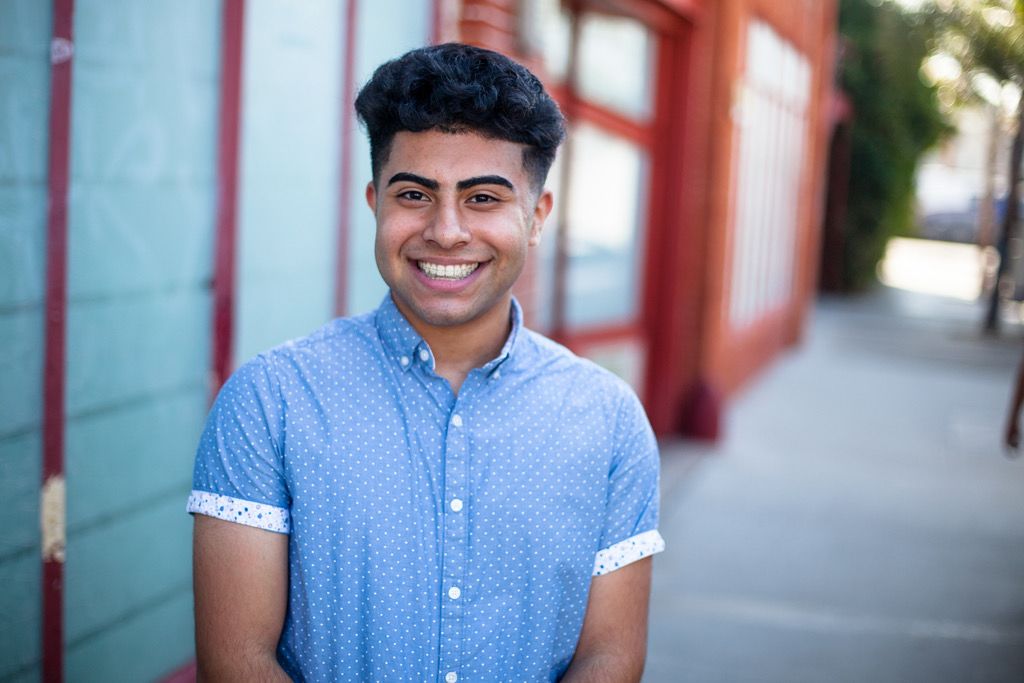
Ryan Almusawi is a Social Media and Digital Marketing Intern for Galderma. Photo courtesy of Ryan Almusawi
Ryan Almusawi is a Social Media and Digital Marketing Intern for Galderma. Photo courtesy of Ryan Almusawi
What is the current workplace like for Gen Z?
Gen Z has only been in the workplace for a couple of years, with many still just entering it. COVID-19 has made this transition a challenge for many Gen Zers.
“Generation Z had many important milestones that shifted in a way that they weren’t expecting in their life- everything from a graduation milestone, social milestone like a prom, or birthday, some who got married- just these major milestones that had this disruption to starting and launching,” said Steele Flippin. “Some of them had jobs promised that were deferred or went away because of the pandemic, and so there is this social isolation.”
It has caused frustration, stress and mental health issues because the challenges they are facing as they go through this pandemic are shaping how they feel and what is important to them.
Kalina Bebel, a Texas Christian University alumna that majored in communications, graduated in 2020. She struggled to find a job after graduation.
She used LinkedIn and other avenues in order to land a job.
“I eventually got my job because one of my friends that used to work at Trinity Broadcasting Network told me about a position they had and I applied, so it was a networking type of situation of how I got this specific job,” said Bebel.
But even before the pandemic, it was difficult to get jobs. This affected other degree holding Gen Zers from finding jobs as well.
“It was very traditional, you would have an interview and then go do the interview and then hopefully get the job but now it's way more convoluted,” said Ryan Almusawi, a social media and digital marketing intern for Galderma. “I think networking is a huge push now, especially with social networking platforms like LinkedIn and now you can slide into a recruiter's DMs (direct messages) or look at who your mutually connected to and then if there's a mutual connection then maybe you contact some people that you're connected to to see if they could get your foot in the door.”
What is Gen Z bringing into the workplace?
As Gen Z enters the workplace, they're bringing an expansive knowledge of technology and a broader global perspective.
Through her research, Steele Flippin found that Gen Z is deeply exposed to technology which shapes efficiency and how they view communication.
“They don’t take anything for granted," Steele Flippin said. "They are more conscious of what’s happening socially in terms of the environment, human interaction, and that’s different from my generation which is Gen X or even baby boomers."
Because of technology and social media, Gen Z is very empathetic, much like millennials, Steele Flippin said.
Technology has been a great advantage for this generation. It has also made Gen Z competitive when it comes to the workplace.
Almusawi said the workplace is more competitive because of the use of online portfolios in addition to resumes and cover letters. He also said having an online following can also give you a "leg up."
In the workplace, Gen Zers value their freedom and time. According to Flippin, they value their time more as opposed to making money.
Gen Z wants to improve time and freedom in the workplace.
“I want to see people in this generation actually do what they enjoy,” said Bebel. “I feel like a lot of people graduate from school and they’re so focused on working that they do any job they can and they’re not really happy or fulfilled with it.”
Bebel has also talked to other alumni from TCU, who said they are working but they are not happy with what they are doing, so their hope for the future is to find what they are passionate about in the workplace.
Photo: (AP Photo/Mark Lennihan)
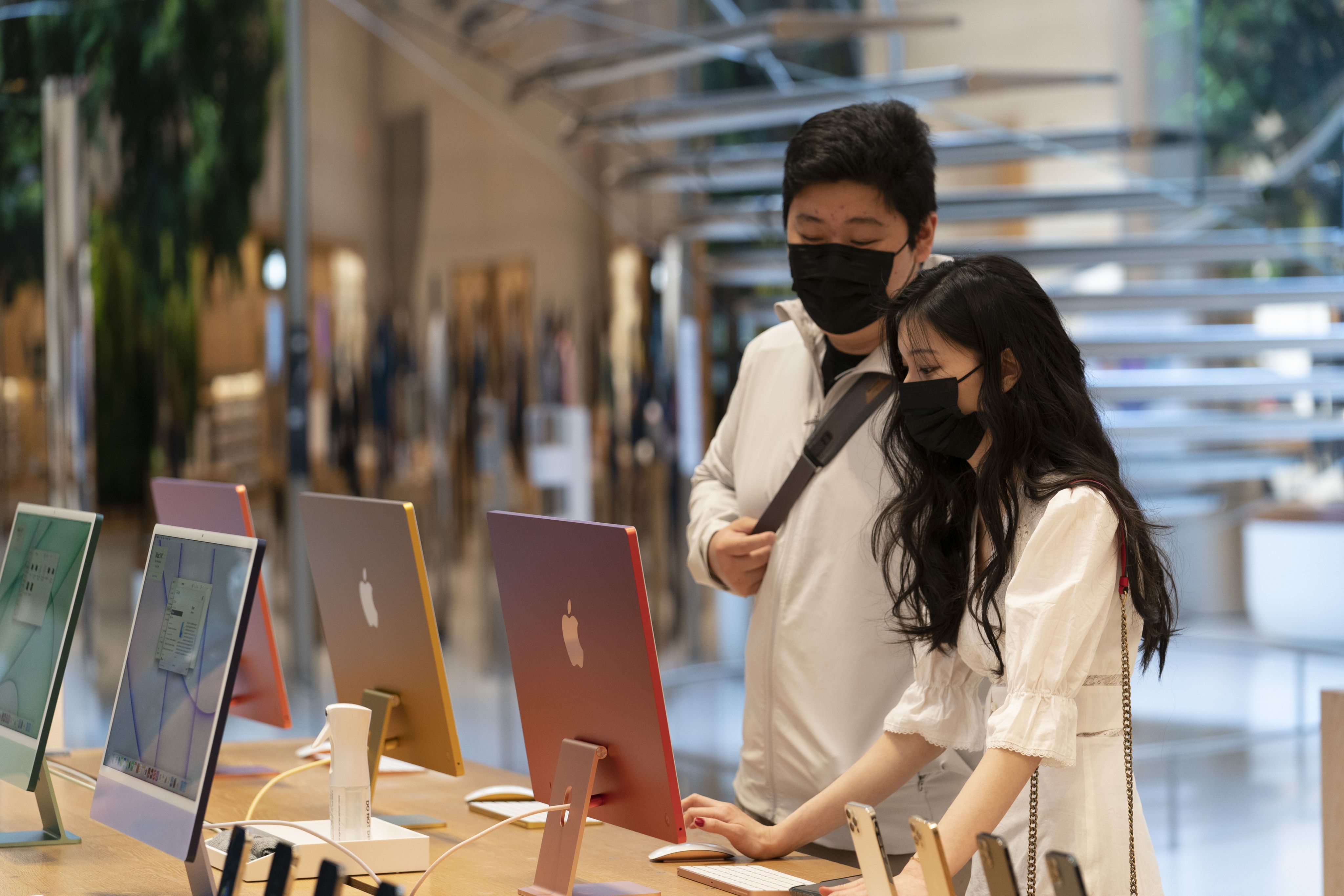
Challenges in the workplace
There are a lot of challenges in the workplace as a male, female, minority and for members of the LGBTQ+ community, but Gen Z wants to change that for their future as they begin entering the workplace.
“I want to see more people at the surface level. I want to see more people like me in positions of power in positions of leadership in organizations, and people like me,” said Almusawi. “By me I mean, I’m a double minority living in Fort Worth, Texas, and I feel like there needs to be a lot more diversity in the workplace just in general.”
Although change doesn't happen overnight, Gen Z wants to work harder toward having diversity along with equal rights in the workplace.
For Bebel, she hasn’t had any challenges at her job and neither has Almusawi, but before getting a job he did.
“In my current position, I feel they do a wonderful job at genuinely caring about diversity, equity and inclusion,” said Almusawi. “It's also important that I must admit that yes I've undoubtedly noticed the differences and challenges associated with being a minority in the workplace.”
Some of those differences and challenges that Almusawi went through include being antagonized during an interview where he was asked if he felt that he could communicate and speak English well enough to join the team and be successful.
Even throughout college, Almusawi was felt like he was judged because of his last name. He said people would automatically assume he didn’t know certain things or that he was inept for the positions.
Photo by TCU360
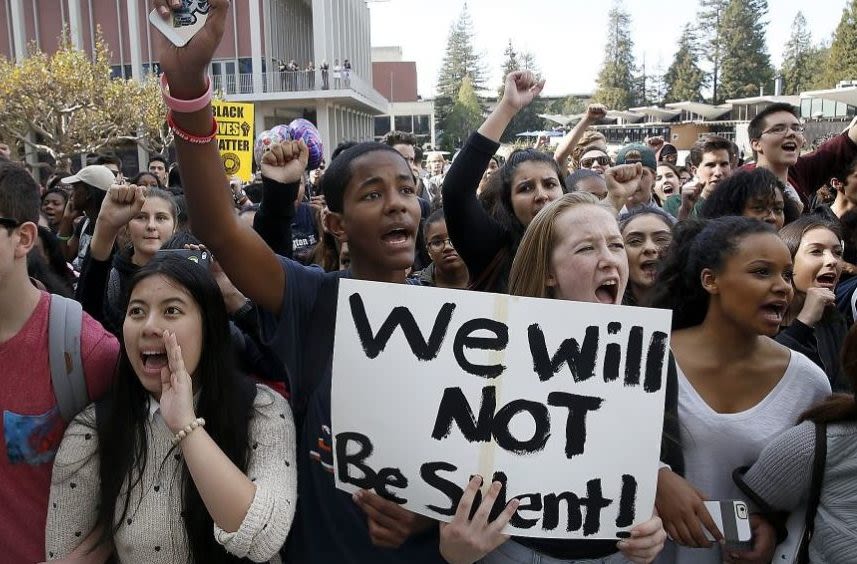
Experiencing isolation and judgment is also an issue for some in the LGBTQ+ community,
Dr. Candace Steele Flippin had a workshop for members of the LGBTQ+ community and members support them to talk about challenges in the workplace.
“They talked a lot about isolation and not being able to bring their authentic self to the workplace,” said Steele Flippin. “There are people who are Gen X and baby boomers trained not to talk about certain issues in the workplace and don’t talk about sex, race, money, politics, religion and so it plays out in large and small ways.”
Merriman, EY Americas Cultural Insights and Customer Strategy Leader, says for minority men and women, the LGBTQ+ community challenges are interesting because they're entering a workforce in which some are rallying around the Black Lives Matter, anti-racism and pride movements.
“If you just look at LinkedIn and see the number of companies posting, I think that is a promising sign, but the question is whether these companies are taking these actions that are going to create the difference,” said Merriman.
Merriman said that EY benefits from their young employees -- not just Gen Z, but also millennials.
“When there was growing crimes against Asians, we had some town halls and talked about what we were doing. A question from our young people was why didn’t you do this sooner, why did it take this **to do it, and that’s where I think companies that aren’t doing it now are going to be really called out in the future and they will be called out based on what they are doing right now,” said Merriman.
Merriman said the norm is to be supportive of the LGBTQ+ community and anti-racist. It would help to stamp out who doesn't fit that norm and that it’s harder to do it in society but easier to do it in companies.
Photo by TCU360
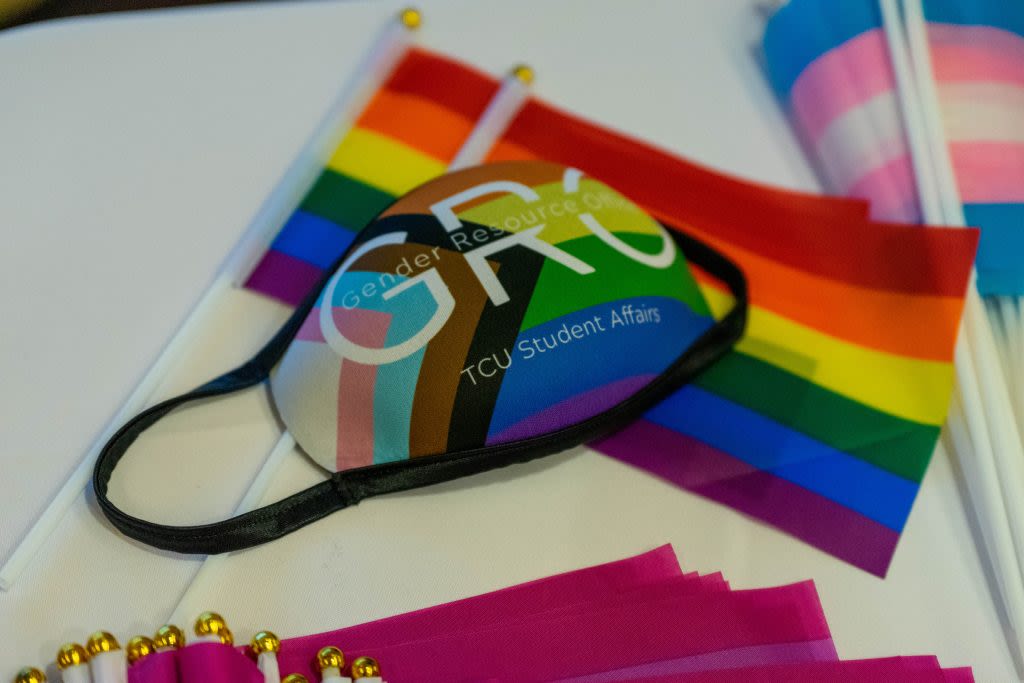
This story is one in a series about how Generation Z functions, interacts and incites change in today's world.
Read the next story to explore more about Gen Z in the working world and how social media has impacted the workplace.
